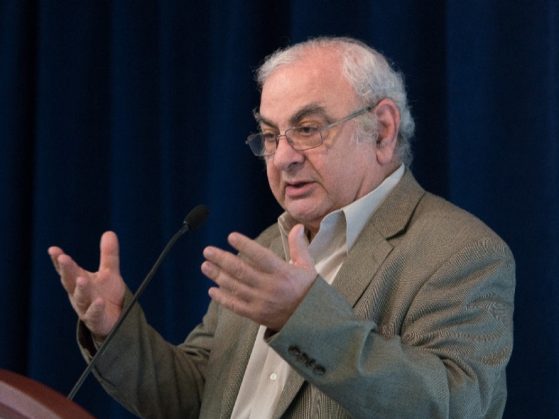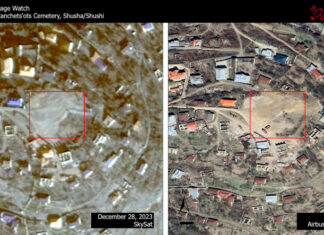(The article below is an English translation of the French-language text of an interview published in March 2023 in Paris, France, conducted by Tigrane Yegavian.)
You have just published in Armenia and in Armenian the second voluminous opus of your five volumes devoted to your thoughts on the challenges and contemporary issues that Armenia has been going through since 1991. Your detractors believe that you are justifying your past. What is your purpose and why such an enterprise?
Why would I need to justify myself? My analyses and projections proved to be right. If those detractors had followed the policies I supported when they were in power, we would have been in a different place at this time. In fact, it is my detractors who need to justify their past policies of extremism and maximalism that led to war and to defeat and to the narrowing of our options and leverages.
Besides, I don’t know why I should take such detractors seriously. Instead of engaging with the argument and reasoning I articulate, they talk about my motivation for publishing these books. Does the motivation decrease the value of an argument, of an analysis? Isn’t it possible that what I write is valid although I may have the wrong reason to publish it?
I have no problem with critics who disagree and argue their point with evidence. I do pity detractors who cannot handle the truth and resort to weird tactics to discredit my approach without being able to negate it. Would you believe that a few years back someone thought he could have people disregard my analysis by writing that my father was a cook; he thought that was a good reason why I could not possibly be right. And that was written at a time when I had a doctorate from one of the most respected universities in the US, and had already earned the title of university professor. Interestingly, that article where that “secret” was published was in the Asbarez newspaper, for which I was considered qualified enough to be its editor some 20 years earlier.
Now, for the purpose of publishing these books. Why do people publish? Does a scholar, a former diplomat need to explain?










